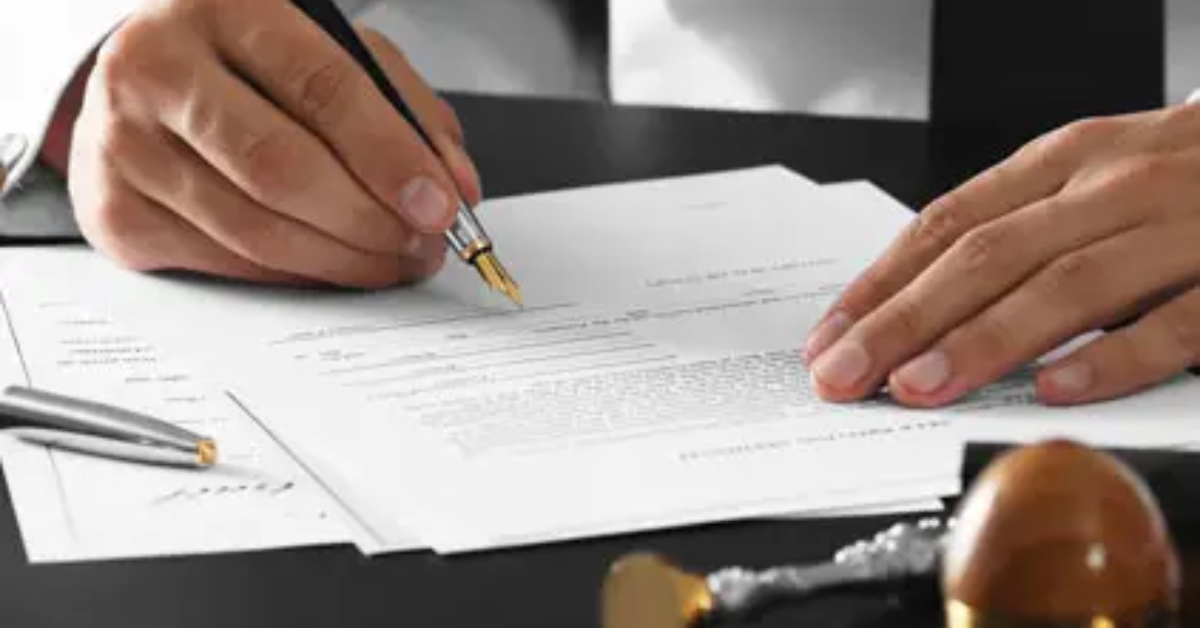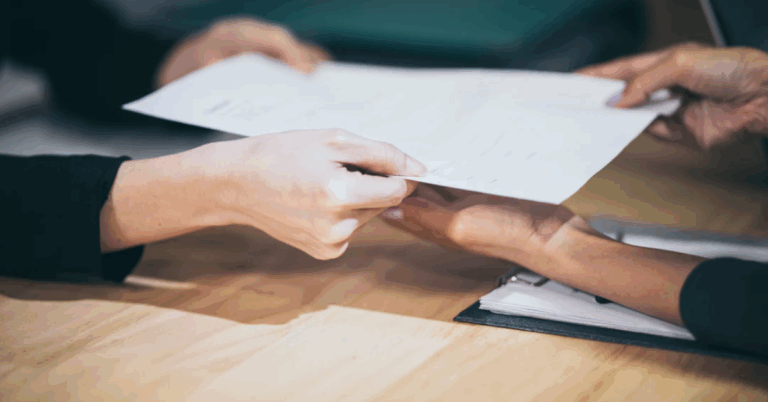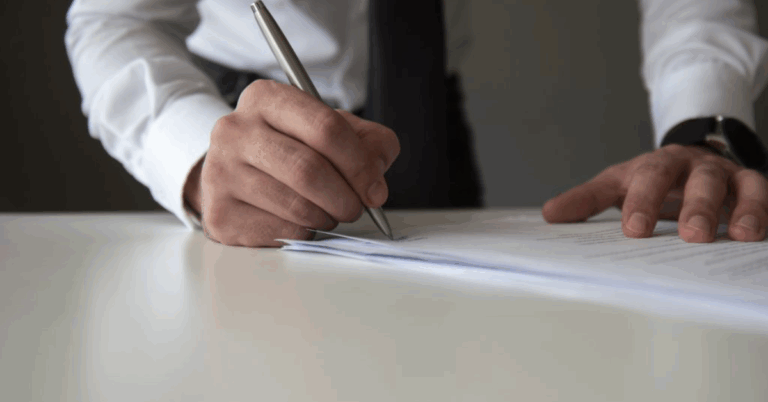Apostille Grand Forks North Dakota ND: What You Need to Know
If you’re dealing with international documents in Grand Forks, securing an Apostille Grand Forks North Dakota ND is an essential step for ensuring those documents are legally recognized abroad. Whether you’re preparing to study, work, conduct business, or even get married in a foreign country, an apostille certifies that your documents are authentic and meet the standards set by international law under the Hague Apostille Convention.
In this guide, we will explore what an apostille is, why it’s needed, how to get one in Grand Forks, North Dakota, and answer the most commonly asked questions about the process.
What Is an Apostille?
An apostille is a form of authentication issued to documents for use in countries that are members of the Hague Convention of 1961. It simplifies the process of document legalization by eliminating the need for additional certification from embassies or consulates. In the U.S., apostilles are typically handled at the state level by the Secretary of State’s office, depending on where the document was issued or notarized.
For example, if your birth certificate was issued in North Dakota, the apostille must come from the North Dakota Secretary of State. If a document is notarized in Grand Forks, a proper notarial act must be performed before the apostille process can begin.
When Do You Need an Apostille in Grand Forks?
There are many instances where residents of Grand Forks might need an apostille. These include:
-
International adoptions
-
Studying or working abroad
-
Business transactions in foreign countries
-
Overseas property purchases
-
Foreign marriage or divorce recognition
-
Dual citizenship applications
Each of these situations requires the U.S. documents to be recognized in another country. The apostille acts as a form of international verification, certifying that the document is legitimate.
How to Get an Apostille in Grand Forks, North Dakota
The process for obtaining an Apostille Grand Forks North Dakota ND can be broken down into several steps:
1. Identify the Type of Document
First, determine what kind of document needs an apostille. Common documents include:
-
Birth or death certificates
-
Marriage or divorce certificates
-
Power of attorney
-
Academic diplomas and transcripts
-
Notarized documents
2. Ensure the Document Is Ready
If your document is not already notarized and it requires it, you’ll need to visit a notary public in Grand Forks. Make sure the notary’s information is accurate and up to date. Incorrect notarization can lead to your apostille request being rejected.
3. Submit to the Secretary of State
Once your document is ready, it must be submitted to the North Dakota Secretary of State. You can do this via mail or by using an apostille service provider familiar with Apostille Grand Forks North Dakota ND procedures.
You’ll typically need:
-
The original document or a certified copy
-
A completed application form
-
A check or money order for processing fees
-
A prepaid return envelope if mailing
4. Wait for Processing
Processing times can vary. Some requests may be completed within a few business days, while others might take longer. Using a professional service can speed up the process and help you avoid common errors.
Why Use a Mobile Notary or Apostille Service?
While it’s possible to handle the apostille process on your own, many residents of Grand Forks choose to work with professionals who specialize in Apostille Grand Forks North Dakota ND services. A mobile notary or apostille service provider can:
-
Come directly to your home or office
-
Ensure all documents are notarized correctly
-
Submit the documents on your behalf
-
Track and follow up on your request
-
Handle complex or urgent cases with care
This is especially helpful for individuals with limited time or those unfamiliar with the apostille process.
Common Mistakes to Avoid
When applying for an apostille in Grand Forks, avoid these common errors:
-
Submitting photocopies instead of certified originals
-
Using outdated forms or incorrect fees
-
Failing to notarize documents when required
-
Omitting necessary supporting documents
Working with an experienced professional can help you avoid these pitfalls and ensure a smooth process from start to finish.
Apostille vs. Authentication: What’s the Difference?
It’s important to understand the difference between an apostille and a traditional authentication.
-
Apostille: Used for countries that are part of the Hague Convention.
-
Authentication: Used for countries not part of the Hague Convention. This process may involve multiple steps, including certification by the U.S. Department of State and foreign embassies.
If you’re unsure whether you need an apostille or a full authentication, a local service provider in Grand Forks can help you determine the correct path.
Which Countries Accept an Apostille?
Currently, over 120 countries accept apostilles. Some of the more commonly visited countries for business, travel, or education include:
-
France
-
Germany
-
Italy
-
Mexico
-
Japan
-
South Korea
-
Australia
-
United Kingdom
Always verify whether the country you are dealing with accepts an apostille before beginning the process.
Final Thoughts
Getting an Apostille Grand Forks North Dakota ND doesn’t have to be overwhelming. By understanding the requirements, avoiding common mistakes, and possibly working with a professional apostille service provider, you can simplify the process and ensure your documents are prepared correctly for international use.
Whether you are a student going abroad, a businessperson negotiating international deals, or someone dealing with personal matters across borders, an apostille is a critical step in the process. Taking the time to do it right ensures that your documents are accepted without delay, saving you time, money, and unnecessary stress.
For those in Grand Forks, there are reliable, local options to help guide you through the apostille process, making it faster and more convenient than ever.







